Finima Chronicles Unveiled: Aseme Alabo Engr (Dr)Dagogo Lambert Brown Launches The Making of New Finima, The Birth of NLNG
The historic public presentation of The Making of New Finima, The Birth of NLNG brings together community leaders, industry veterans and historians to reflect on the journey from Old Finima to Nigeria’s gas powerhouse
By Engr. Tamunofiniarisa Brown.
On Tuesday, 23 September 2025, His Royal Highness Engr. (Dr) Dagogo Lambert Brown, FNSE, FAIPA, MSPE, marked a memorable chapter in the history of Finima in Bonny Local Government of Rivers State Nigeria, and its people by publicly presenting The Making of NEW FINIMA, THE BIRTH OF NLNG authored by Engr (Dr) Dagogo Lambert Brown, Aseme-Alabo and Amadabo of Finima, Kongo the XVII. The occasion—equal parts testament, recollection, and civic reckoning—brought together traditional leaders, former industry executives, and community stakeholders to reflect on the human, cultural, and industrial forces that shaped New Finima and, by extension, modern Nigeria’s liquefied natural gas story.
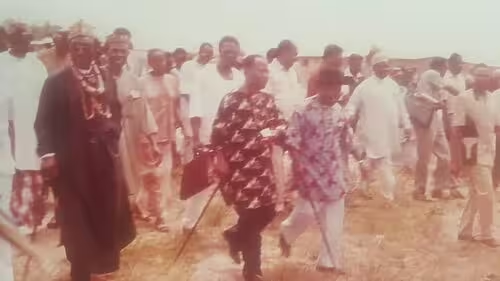
In a measured, authoritative narrative, the book traces the transformation of Finima from an ancient Ijaw settlement into the host community for one of Africa’s most consequential industrial projects. That transformation was neither incidental nor frictionless: it involved planned relocations, large-scale reclamation of mangrove land and the complex interplay of corporate, governmental and communal interests that accompanied the birth of the Nigeria LNG enterprise. The text serves both as a historical archive and a call to ensure that the community that hosted the plants does not lose its voice in the rush of development.
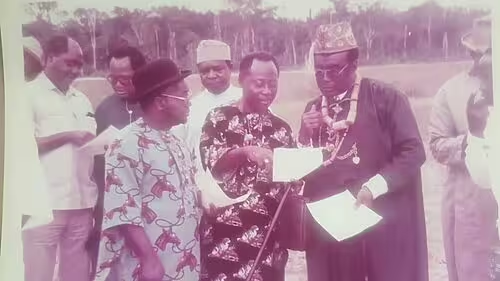
Speeches at the presentation emphasised two linked themes: remembrance and responsibility. The author—no stranger to public life in Finima and the wider Bonny Local Government Area—used the platform to honour those who lived through the dislocations of the 1990s as the NLNG project took physical shape, and to hold a mirror up to the country’s energy custodians. Attendees were reminded that NLNG’s first train only began production in 1999, after a decade of project planning and construction, and that the company’s evolution has been central to Bonny’s economic reconfiguration ever since.
A particularly poignant thread in the book, and in the presentations, is the human cost of progress. Relocation from Old Finima to a reclaimed area designated New Finima substantially altered traditional livelihoods—fishing, farming and other riverine occupations became harder to sustain. These social consequences, lucidly documented in the volume, underscore the need for development models that anticipate and compensate the host communities whose lands and lives make industrial projects possible. The book’s archival detail and firsthand testimony make it a valuable resource for policymakers, corporate social responsibility teams, and scholars of extractive-industry governance.
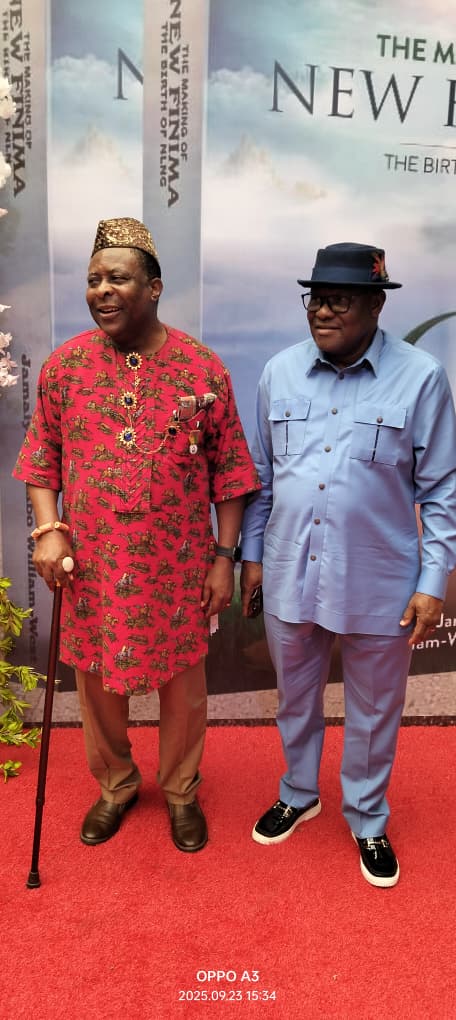
The presentation also honoured visitors from the corporate and operational sides of Nigeria’s energy history. Among those present was JJ Williams West, a former manager who succeeded George Wilcox in overseeing operations connected to New Finima. Their presence provided a bridge between the book’s historical record and the operational realities that followed—an important reminder that institutional memory rests as much with people as with paper. The audience appreciated hearing from those who had navigated the technical, logistical and human challenges of constructing and running large-scale energy infrastructure in the Niger Delta.
Throughout the evening, the tone remained constructive. Engr. Dr Dagogo Lambert Brown’s account is unflinching when necessary, and celebrates progress where it is fair to do so: the establishment of NLNG created jobs, environmental initiatives like the Finima Nature Park, and national export earnings that shaped Nigeria’s place in global gas markets. Yet the central insistence of the book is clear—development without meaningful, ongoing engagement with the host community is incomplete.
As the event closed, local leaders and visitors alike expressed the hope that this publication will shape future conversations between communities and industry. The Making of NEW FINIMA is more than a memoir; it is an evidentiary record that invites reflection, policy review and, above all, the re-commitment of all parties to a partnership that recognises the dignity, history and rights of Finima’s people. The book’s public presentation was not merely ceremonial—it was an invitation to collective work, so that the birth of NLNG may be remembered not only for its economic impact but also for the justice and stewardship it ultimately inspires.
— Engr. Tamunofiniarisa Brown
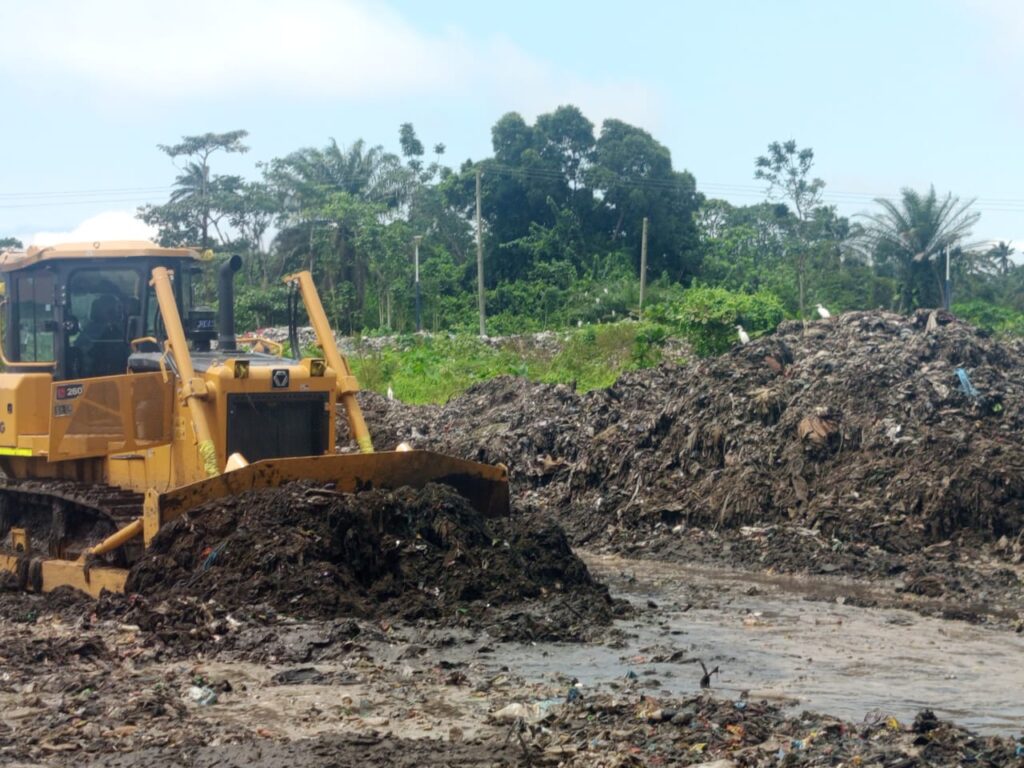
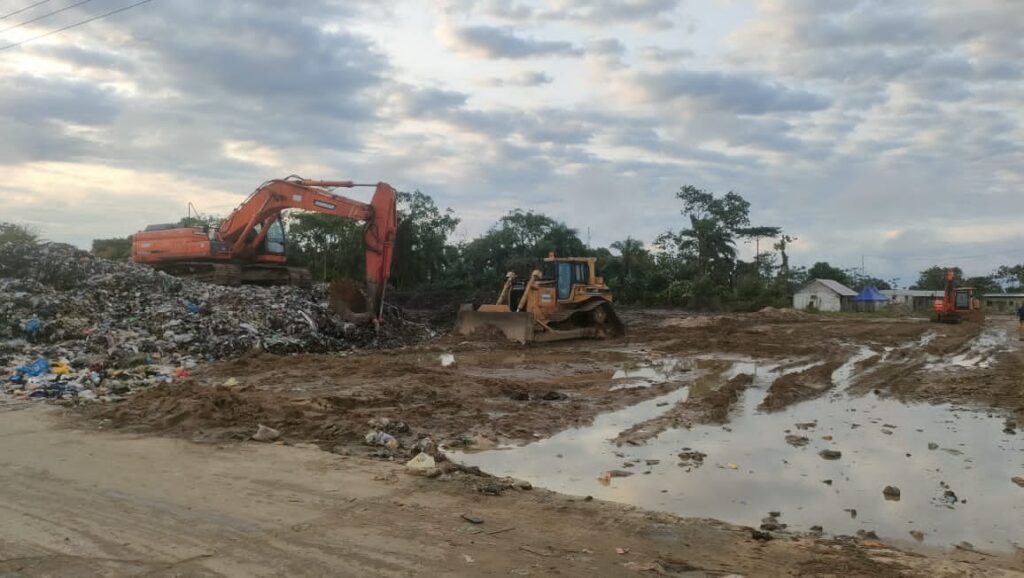
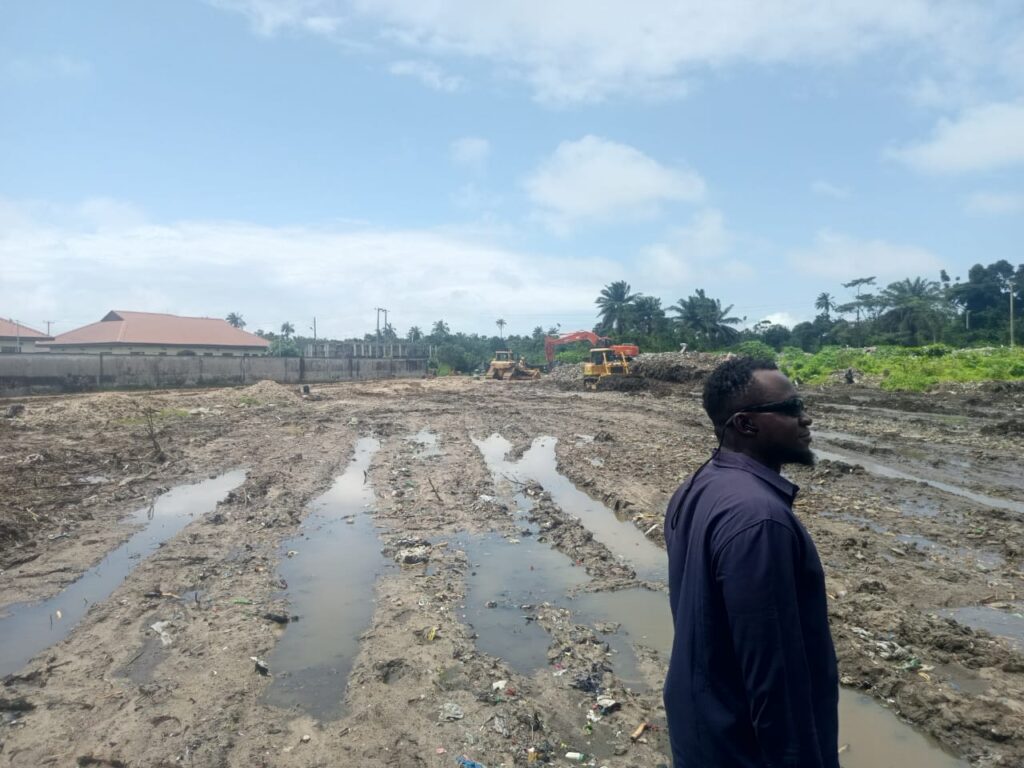
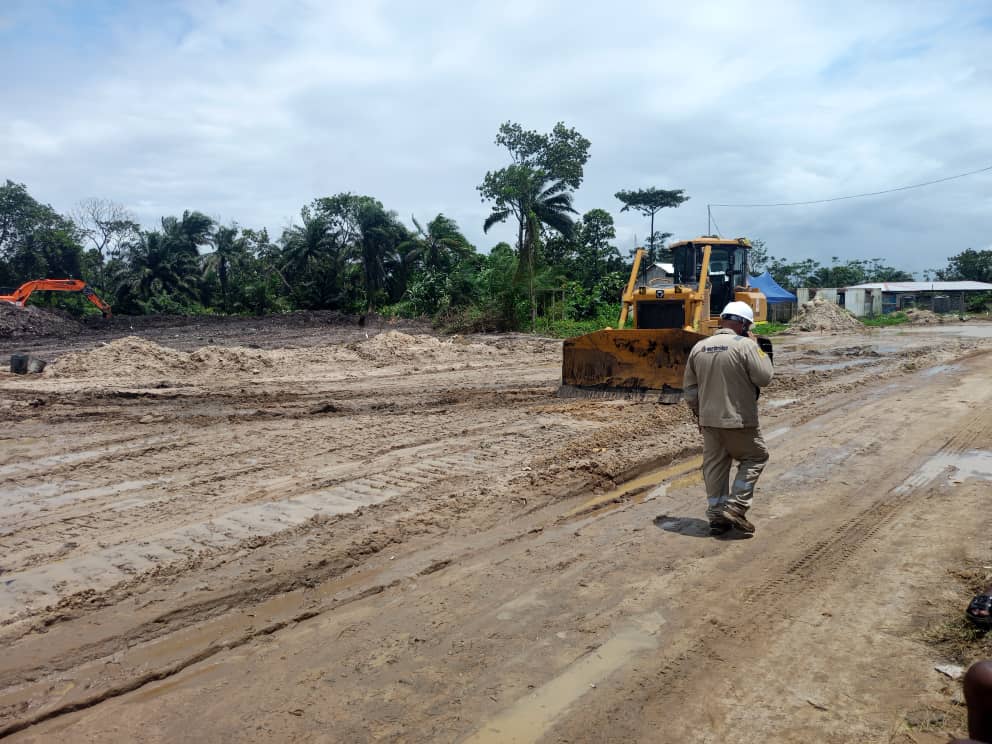



You must be logged in to post a comment.